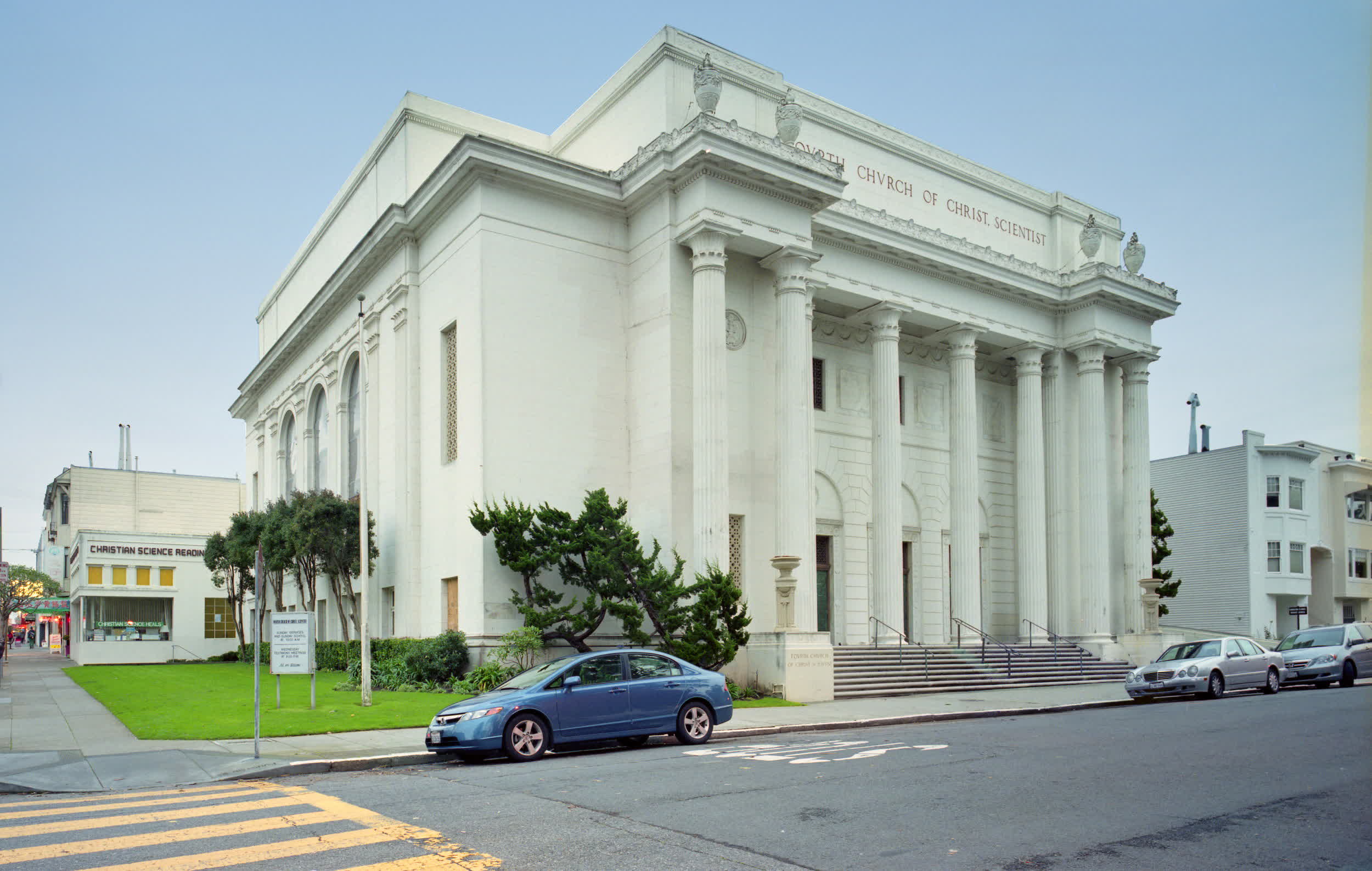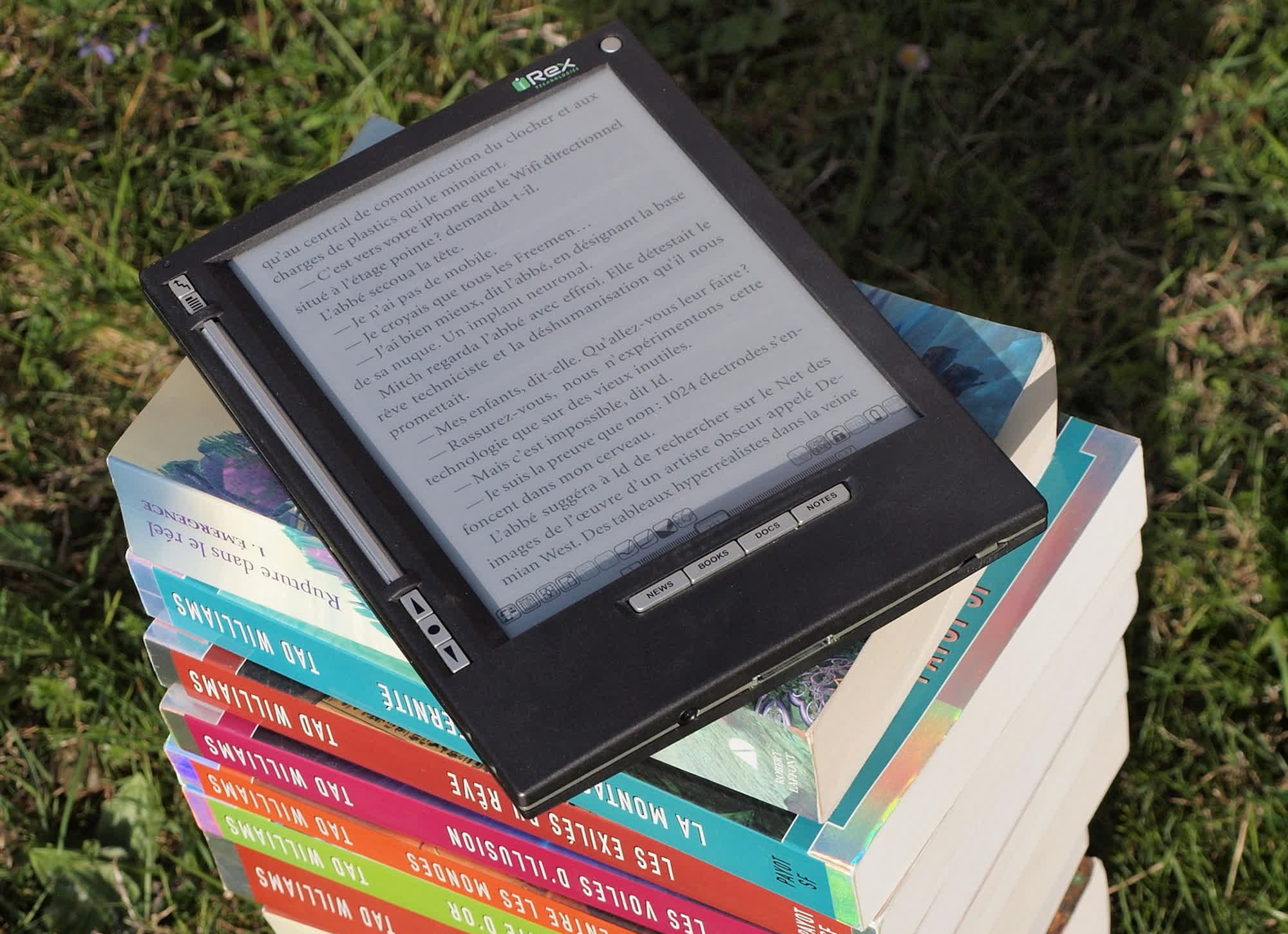A hot potato: After being defeated in court, the Internet Archive has now decided to stop pursuing the legal route in its fight over digital book lending. The nonprofit will comply with the Second Circuit's verdict, restricting users' choice of digital books at publishers' request.

In a recent post on its official blog, the Internet Archive (IA) confirmed that the "Hachette v. Internet Archive" case has finally come to an end. The organization, founded in 1996, is "deeply disappointed" with the recent verdict by the Second Circuit Court of Appeals, but has decided not to ask the US Supreme Court for a review of the case.
Major US publishers sued the IA over its Controlled Digital Lending (CDL) system, a lending program where users could "borrow" digital copies of the physical books purchased by the organization over the years. The number of digital copies available for lending was the same as the copies owned by the IA, though this restriction was partially relaxed during the COVID-19 pandemic.
Conventional libraries can provide a similar lending service, but they do so after paying publishers a licensing fee. The Internet Archive tried to argue that the fees were too expensive, claiming that low-income users were benefiting from its program. The Second Circuit Court of Appeals ultimately sided with publishers, forcing the Archive to remove 500,000 books from CDL and pay an undisclosed sum to finally settle the case.

The IA now says it will continue to honor the agreement with the Association of American Publishers (AAP), removing specific books from its lending service after receiving a direct request from an AAP member. The Archive tried to recruit readers, authors and alternative publishers in its crusade for free digital lending, sending AAP a petition with more than 120,000 signatures to warn about the detrimental effects of the case.
The Archive is still standing despite the legal setbacks and the massive hack it suffered over the past few weeks. Chris Freeland, IA's Director of Library Services, confirmed the organization will keep advocating for a more accessible digital book marketplace. Internet Archive founder Brewster Kahle initially warned that publishers could destroy the organization. He also cautioned that the lawsuit could bring other digital libraries to a halt.
Now that the Hachette v. Internet Archive case has come to an end, the IA will hopefully go back to preserving huge amounts of digital artifacts like it has been doing for years now. The Archive provides much more than just ebooks, and the number of curious or historically significant collections acquired by the organization continues to grow.
Internet Archive ends effort to overturn defeat in digital book lending case